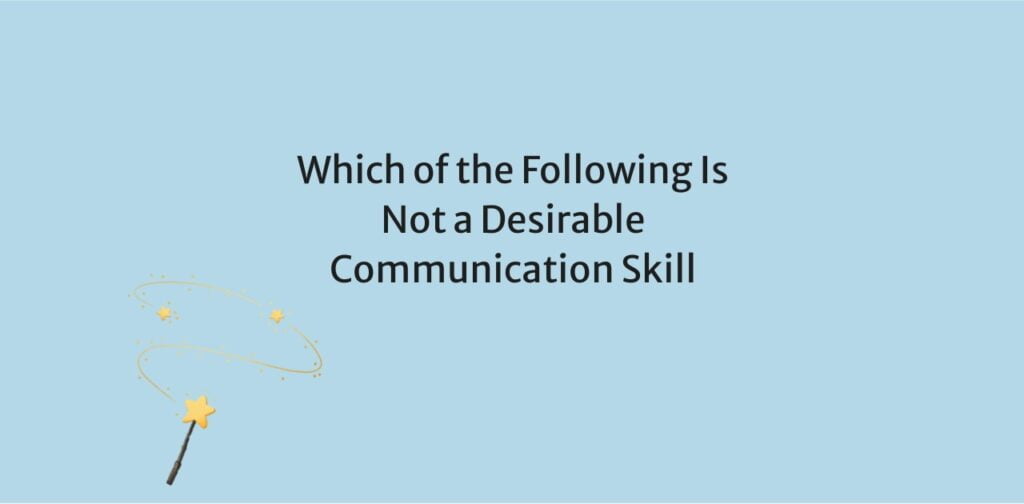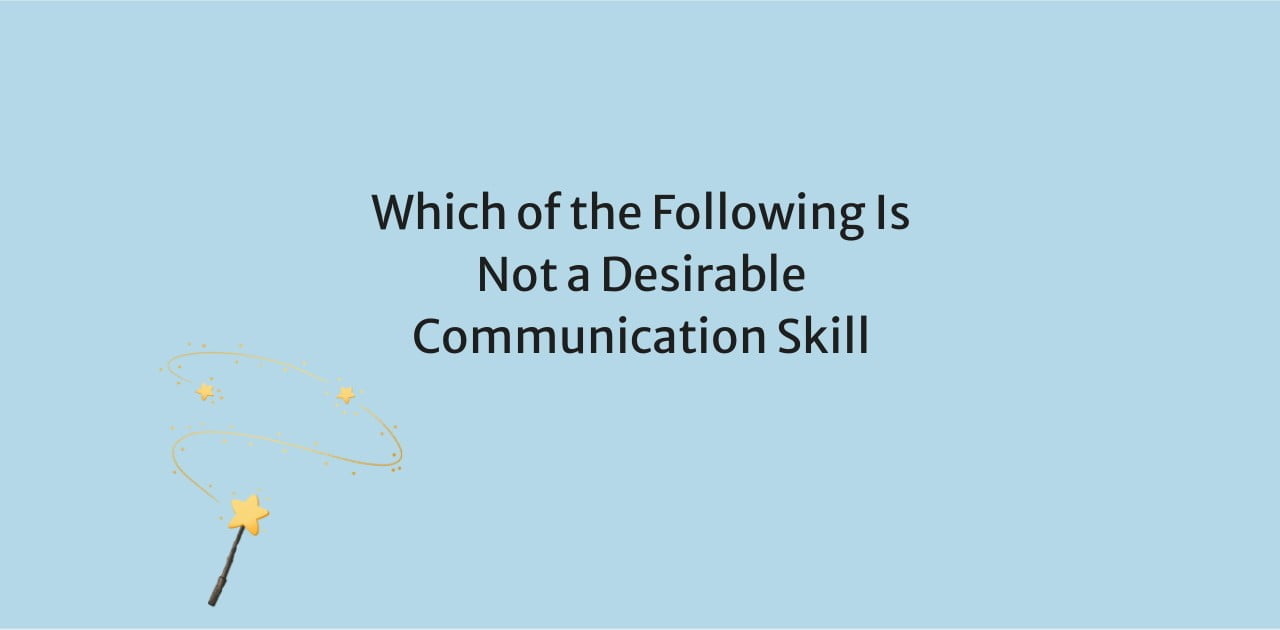
Are you wondering which communication skill may not be desirable? Well, look no further! In this article, we will explore the topic and provide you with valuable insights.
Mastering effective communication is essential for success in both personal and professional relationships. By avoiding common mistakes and developing strong skills, you can become a powerful communicator.
So, let’s dive in and discover which skill you should steer clear of to ensure your communication is top-notch!
5 Key Communication Skills to Master
One of the key communication skills to master is active listening. As someone who desires to serve others, it is crucial to develop this skill in order to effectively understand and respond to the needs of those you interact with.
Active listening involves fully engaging with the speaker, paying close attention to their words, tone, and body language. It requires setting aside distractions and giving your undivided attention. By doing so, you demonstrate empathy, respect, and a genuine interest in the other person’s thoughts and feelings.
Active listening also entails asking clarifying questions and providing verbal and non-verbal feedback to show that you understand and value their perspective. This skill is invaluable in building trust, fostering meaningful connections, and providing the best possible support to those you serve.
The Importance of Effective Communication
Effective communication is crucial in any situation. Whether you are serving others in a customer service role or working in a team, the way you communicate can greatly impact the outcome.
It is important to remember that effective communication involves not only speaking clearly and articulately, but also actively listening to others. By actively listening, you are showing respect and empathy towards the person you are communicating with, which can help build trust and understanding.
Additionally, using positive and encouraging language can create a welcoming and supportive environment. Remember to be mindful of non-verbal communication cues such as body language and facial expressions, as they can also convey important messages.
Overall, effective communication is essential for serving others and ensuring successful interactions.
Essential Communication Skills for Success
Using active listening and positive language is crucial for success in communication. When serving others, it is important to actively listen to their needs and concerns. By doing so, you show empathy and understanding, which helps build trust and rapport.
Engage in the conversation with genuine interest, asking open-ended questions to encourage further dialogue. Use positive language to convey your thoughts and ideas, focusing on solutions rather than problems. By using words that uplift and inspire, you create a positive and supportive environment.
Remember to be attentive and respectful, giving others your full attention. This not only shows that you value their input, but it also helps you better understand their perspective. Ultimately, effective communication skills are essential for serving others and achieving success.
Common Mistakes to Avoid in Communication
Avoid making common mistakes in communication by being mindful of your nonverbal cues and maintaining eye contact.
When communicating with others, it is important to remember that your body language speaks louder than words. Be aware of your facial expressions, gestures, and posture, as they can greatly impact how your message is received.
Maintaining eye contact shows that you are engaged and interested in the conversation, making the other person feel valued and respected. Additionally, be cautious of interrupting or speaking over others, as this can come across as disrespectful and dismissive.
Active listening is key in effective communication, so be sure to give your full attention and avoid distractions. Remember, by being mindful of your nonverbal cues and maintaining eye contact, you can avoid common communication mistakes and better serve those around you.
Developing Strong Communication Skills
To develop strong communication skills, it’s important to actively listen and engage in meaningful conversations. Actively listening means giving your full attention to the speaker, focusing on their words and non-verbal cues. Engaging in meaningful conversations involves asking open-ended questions, showing empathy, and expressing genuine interest. By doing so, you create a safe and comfortable environment for people to share their thoughts and feelings. It allows for better understanding and connection, leading to effective problem-solving and building trust.
When serving others, effective communication is essential to understand their needs and provide the best possible assistance. Remember, communication is a two-way street, so be sure to contribute your own thoughts and ideas while being respectful and considerate of others.
